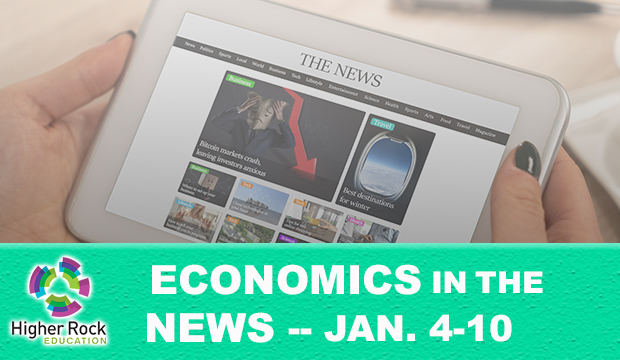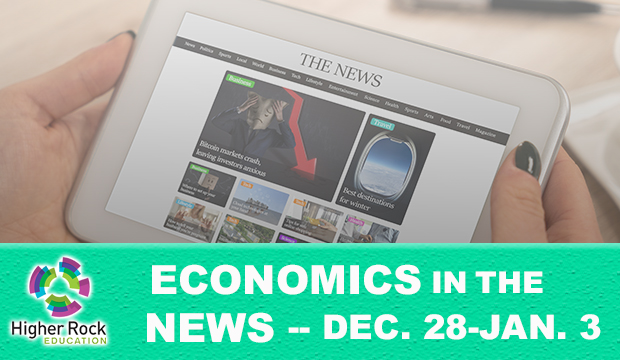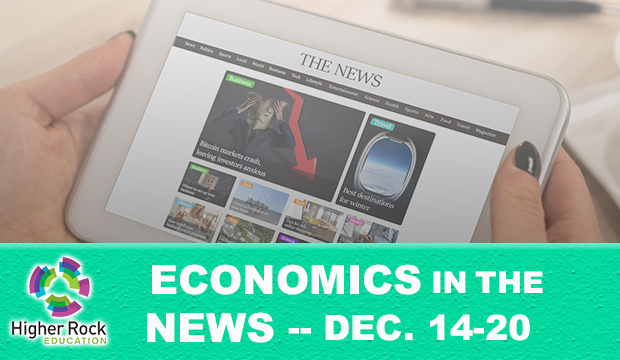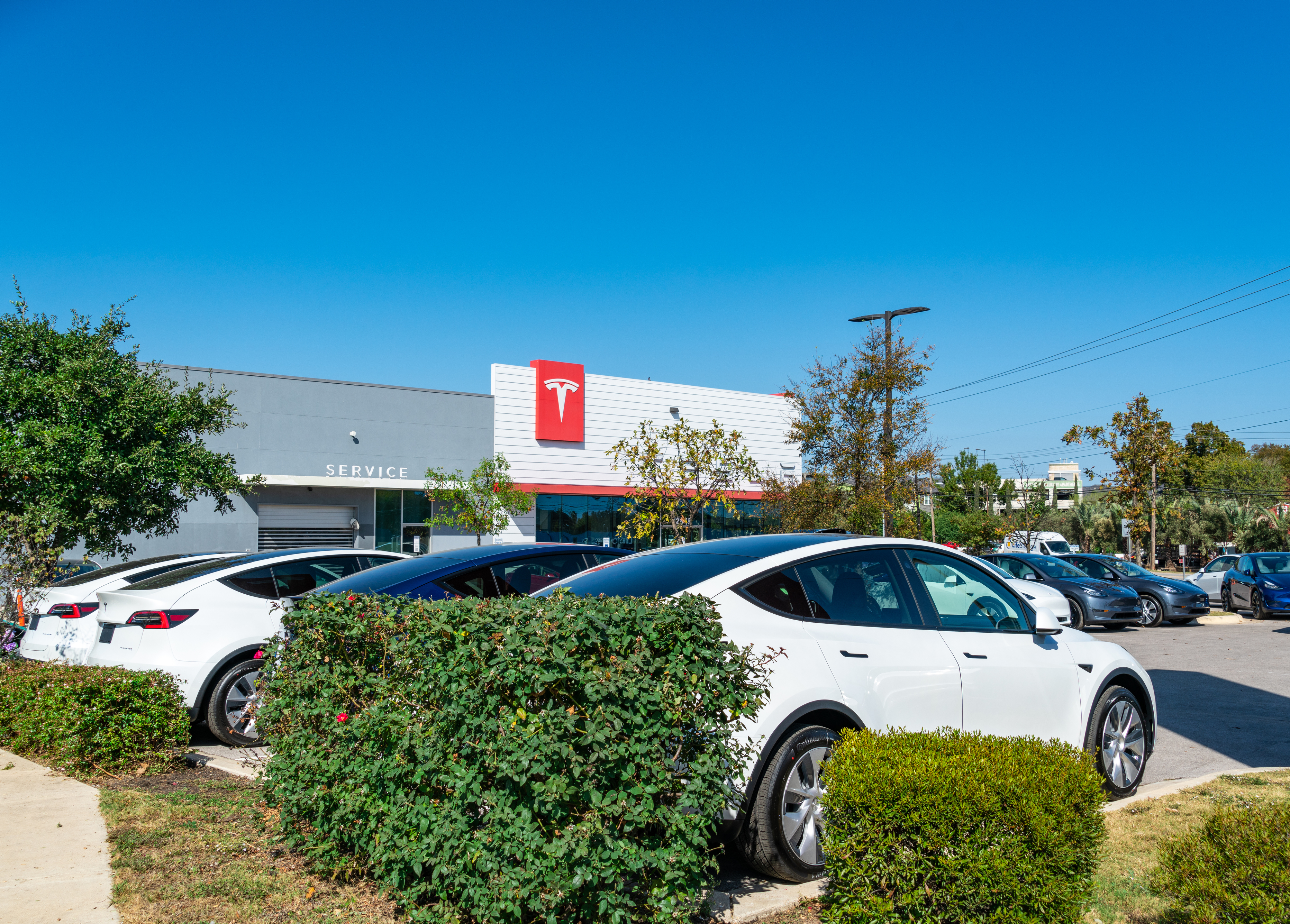
Economics impacts our lives every day. Check out some of the top storylines from this past week related to economics. More

Economics impacts our lives every day. Check out some of the top storylines from this past week related to economics. More

Economics impacts our lives every day. Check out some of the top storylines from this past week related to economics. More

Shares of Tesla, Inc. increased to a record high. Tesla joins the S&P 500 today and funds that model the S&P 500 purchased 1.7 billion shares just before the markets closed on Friday, according to an article in The Wall Street Journal. Tesla's share price increased $39.10 to $695, which boosted its market capitalization to over $628 billion, the highest in the automotive industry. In July 2017 we published Tesla - 4 Points You Should Consider Before Buying Its Stock or Car. We have updated the blog in light of the growth in Tesla and its inclusion in the S&P 500. More